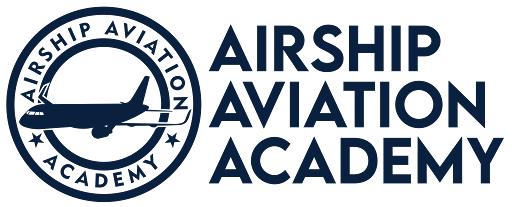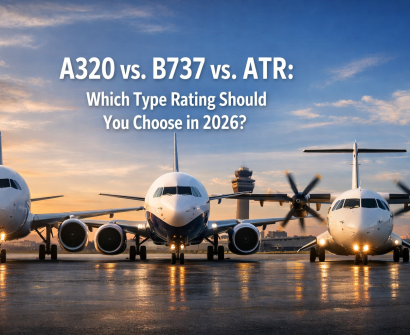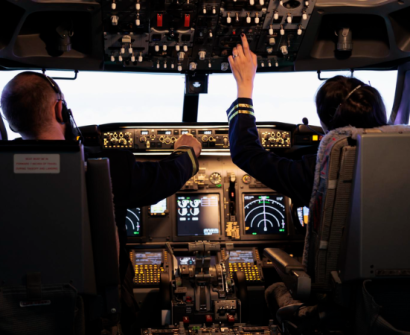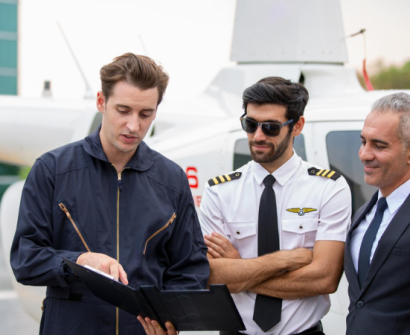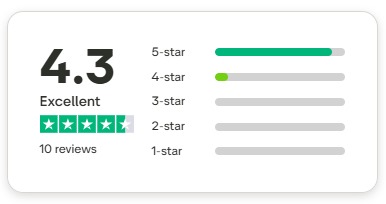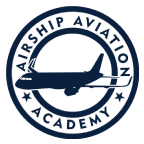Currently Empty: ₹0.00
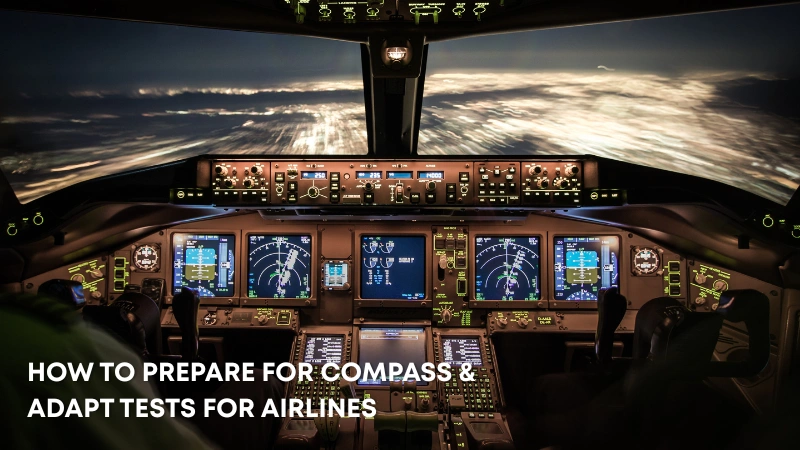
Taking off for a commercial pilot career involves more than completing flight training. Airline recruitment processes include assessments such as the COMPASS and ADAPT tests. Aviation students must prepare for basic hand-eye coordination and memory. This provides airlines with a reliable way to measure a pilot’s readiness beyond flight hours alone.
CPL (Commercial Pilot License) and ATPL (Airline Transport Pilot License) holders aiming to join commercial airlines as Junior First Officers must perform well in these tests. COMPASS and ADAPT aviation tests are a crucial step in advancing their careers. In this blog, we will explore how you can prepare strategies for the airlines COMPASS & ADAPT tests and build the necessary skills to approach these assessments with confidence.
Understanding COMPASS and ADAPT Test
Airlines and aviation training organisations use ADAPT and COMPASS assessments to evaluate your key skills and abilities needed to succeed as a professional pilot. To maximise your performance, you must understand and take the time to familiarise yourself with the testing process. Here is the explanation of the COMPASS and ADAPT tests for pilots:
The COMPASS Test
COMPASS tests stand for Computerised Pilot Aptitude Screening System. It is a computer-based test developed by EPST (European Pilot Selection and Training) to assess whether someone possesses the necessary skills to be a pilot. There are two separate versions: one for beginners (COMPASS Basic) and one for experienced pilots (COMPASS Advanced). Candidates complete tasks on a PC using a joystick and pedals. The entire test takes approximately 1.5 to 2 hours to complete.
- COMPASS tests core modules are:
- Complex Control Task
- Memory
- Mathematics
- Spatial orientation
- Multitasking
- Verbal reasoning
- Aviation English
- Scores are uploaded to centralised servers, providing clear metrics on individual skill areas.
The ADAPT Test for Pilots
ADAPT is primarily used for cadet selection and airline pilot assessments. The ADAPT test evaluates candidates through multiple components. The personality questionnaire typically takes 60 minutes, while psychomotor tests like the FAST assessment last 10-15 minutes. ADAPT aviation test includes modules:
- Cognitive Reasoning Tests (numerical, verbal, pattern recognition)
- FAST (Focused Attention and Situational Testing) Test
- Control and Coordination Test (Ball Game)
- Personality Questionnaire
- English Proficiency
- The ADAPT test is generally more challenging than COMPASS, with a greater emphasis on decision-making and personality traits.
Preparation Tips for Candidates in COMPASS & ADAPT Tests
Getting ready for your pilot aptitude tests? You should follow a structured preparation approach customised to the test format and required skills. Here’s how to prepare for the COMPASS and ADAPT exams:
Understand Test Structure
Thoroughly study each test module to excel in the COMPASS and ADAPT aviation tests. COMPASS evaluates core cognitive abilities, and ADAPT assesses real-time aviation skills through dynamic flight simulations. Practice extensively with authentic mock tests to master the exact formats, question types, and timing. Enabling you to develop the specific cognitive and behavioural skills airlines prioritise.
Build Core Skills
Strengthen three foundational abilities:
- Numerical Problems: Solve timed mental math, speed-distance-time problems to ensure quick and accurate calculations (focused 2-minute drills) under pressure.
- Spatial: Engage with 3D rotation apps, visual puzzles, and orientation tasks, which are critical for understanding aircraft positioning and navigation.
- Memory: Practice recalling patterns and sequences, as it enhances your ability to process and retain complex information or tasks quickly.
Practising these cognitive reasoning skills enables you to tackle the tests with precision and confidence.
Develop Psychomotor Skills
Regularly practice with precise hand-eye-foot coordination required for piloting, and incorporate flight simulators with proper joystick and rudder pedal setups that replicate real cockpit controls. Progressive approach ensures you develop the controlled, instinctive movements essential for both the ADAPT test and actual flight operations. Many academies, like Airship Aviation Academy, offer simulator access for more realistic training.
Enhance Aviation English
Focus on studying the ICAO (International Civil Aviation Organisation) standard to ensure clear, concise radio exchanges with ATC (Air Traffic Control). Listen to live ATC recordings and practice ATC scripts to identify pronunciation gaps and practice summarising aviation passages under time constraints. The COMPASS and ADAPT tests evaluate this through audio-based scenarios assessing both comprehension and response accuracy under operational pressures.
Verbal Reasoning
Practice analysing aviation reports (NOTAMs/METARs) under timed conditions, focusing on identifying key details and answering true/false/not-given questions accurately. It helps in mirroring real-world scenarios where pilots must quickly extract critical information from technical texts. Strong verbal reasoning skills help you clearly understand flight manuals, which the COMPASS and ADAPT tests carefully assess.
Feedback & Targeted Revision
Use platforms like Airship Aviation Academy to receive personalised feedback from psychologists, detailed reports on test results, and access to practice materials with immediate feedback and explanations. A targeted approach helps improve your overall score, rather than practising everything equally. This strategic approach maximises your preparation efficiency for test day.
Prepare Physically and Mentally
Get 7-8 hours of quality sleep to ensure mental sharpness. Practice box breathing (4-second inhale, 4-second hold, 4-second exhale) to stay calm under pressure. Recreate test conditions during practice: time yourself strictly and eliminate distractions. Approach the test as a demonstration of your skills and treat the test as a performance, not a pressure. This trains both body and mind to handle the real exam’s demands with pilot-level composure.
Apply these practical tips to prepare yourself methodically for airline aptitude evaluations. Adjust your studies and maintain consistent, focused preparation for better results.
Conclusion
Getting success in COMPASS and ADAPT tests requires familiarity with test formats and consistent technical preparation. Work on your coordination, multitasking, and problem-solving skills. Use simulators to build real-flight reflexes and practice under timed conditions. Stay sharp, confident, and you’ll be ready to take off toward your airline career.
At Airship Aviation Academy, we offer targeted training for ADAPT and COMPASS tests, including psychomotor coordination drills, situational judgment exercises, and complete mock test series. Our Senior Captain conducts classes, detailed analytics, and both live and recorded sessions help you build essential skills. Contact Us Today!
